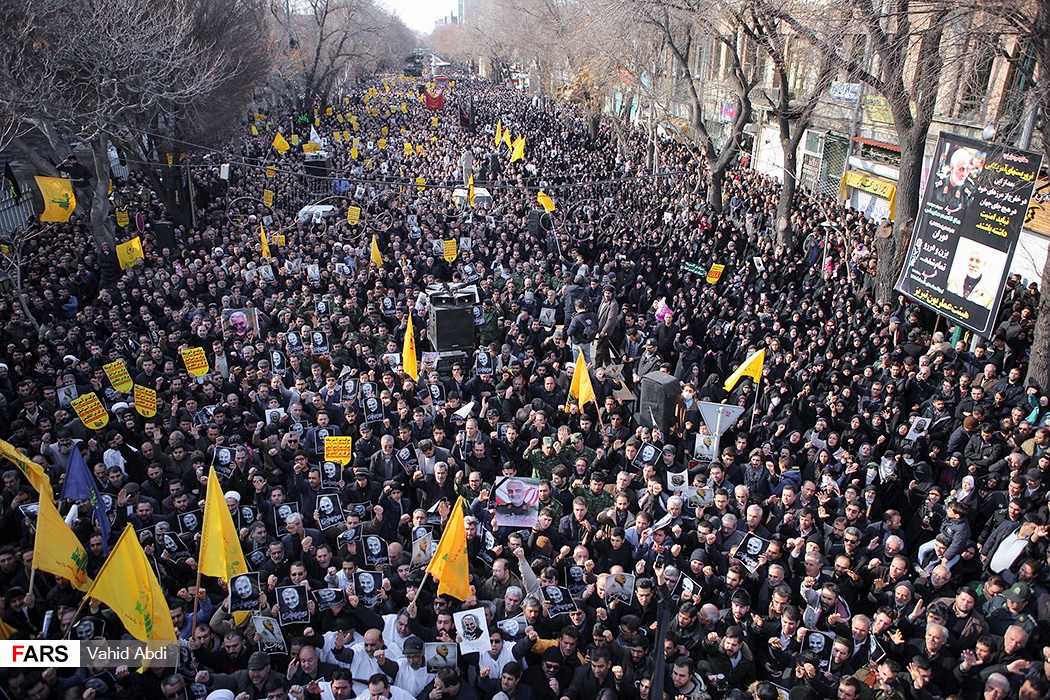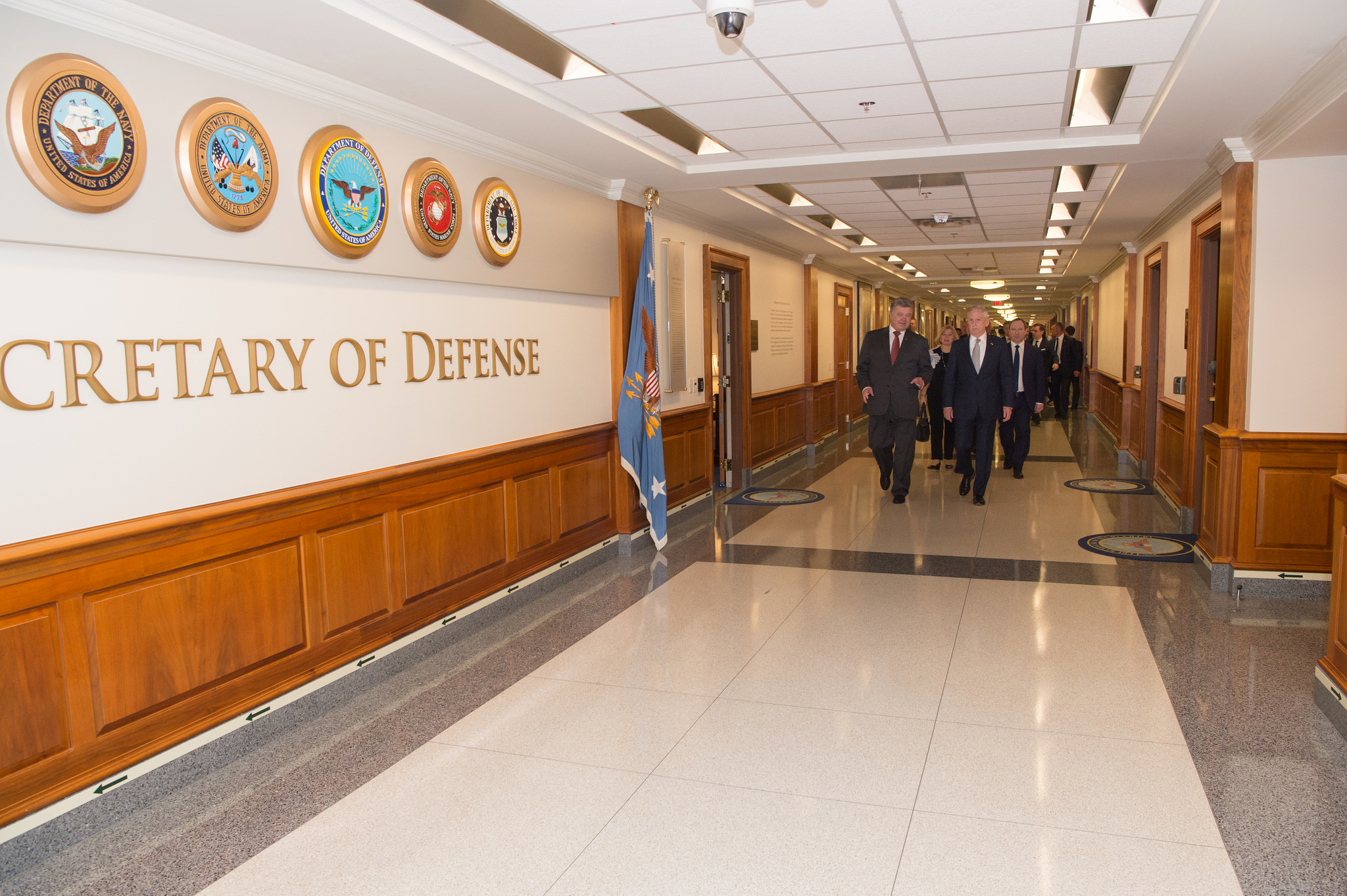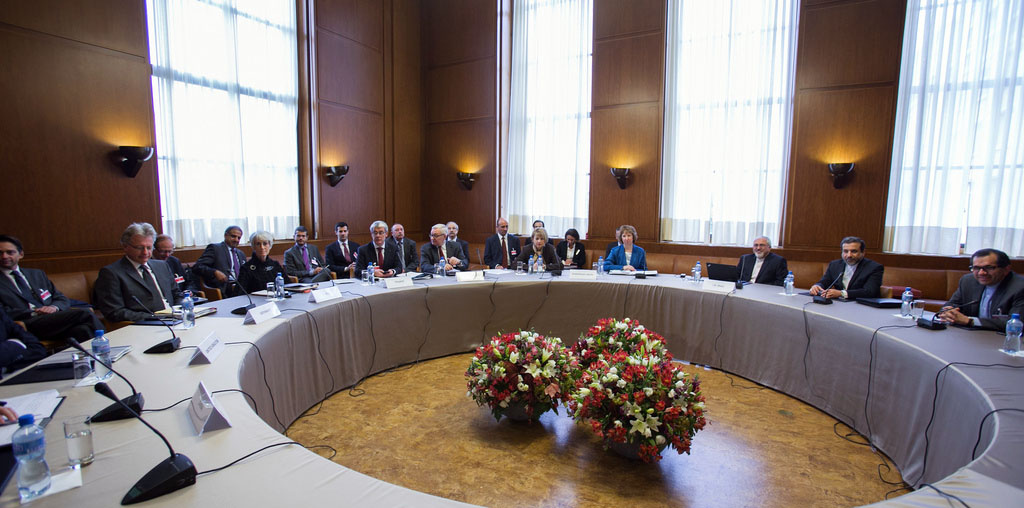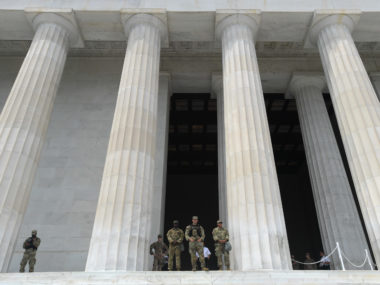By Joe Young
Before the now famous raid on the Bin Laden compound in Abbottabad, Pakistan, members of the Obama administration had intense arguments over whether the raid might be successful or not. One proposed alternative to the raid by Navy SEALS was a B-2 bombing strike on the compound. Fortunately for the civilians inside and nearby, this option was not selected. Even more fortunate for people interested in the inner workings of violent organizations, the raid led to the collection of thousands of documents. It allowed an unprecedented view inside Al Qaeda central, the most notorious terrorist organization of the modern era. What did we learn?
Like Hannah Arendt peering into the soul of Adolf Eichmann, the inside scoop on Bin Laden’s Al-Qaeda (or at least what the Defense Department and President allowed us to see) is one of a quite banal, somewhat delirious, self-conscious has-been within a crumbling multinational enterprise.
Bin Laden was concerned about his legacy, the image of the organization, and its place in the momentous changes going on in the Middle East and North Africa. Letters from Adam Gandahn, the American turned Al-Qaeda spokesman, suggested that ABC would give them great coverage while Fox was too biased. Bin Laden, taking a page from Blackwater, opined that because of bad press Al Qaeda might need a name change. Some ideas thrown out:
- Monotheism and Defending Islam Group
- Restoration of the Caliphate Group
- Islamic Nation Unification Party
The banality of the organization and its functions appeared much earlier though. A document released by the Counter Terrorism Center at West Point in 2006 makes this point clear. In an email to an Al-Qaeda cell leader in 1999, Ayman al-Zawahiri sounds like the boss, Bill Lumbergh, from the movie Office Space asking his subordinate to follow the appropriate accounting procedures:
With all due respect, this is not an accounting. It’s a summary accounting. For example, you didn’t write any dates, and many of the items are vague. The analysis of the summary shows the following:
1–You received a total of $22,301. Of course, you didn’t mention the period over which this sum was received. Our activities only benefited from a negligible portion of the money. This means that you received and distributed the money as you please….
2–Salaries amounted to $10,085–45 percent of the money. I had told you in my fax…that we’ve been receiving only half salaries for five months. What is your reaction or response to this?
3–Loans amounted to $2,190. Why did you give out loans? Didn’t I give clear orders to Muhammad Saleh to…refer any loan requests to me? We have already had long discussions on this topic…
4–Why have guesthouse expenses amounted to $1,573 when only Yunis is there, and he can be accommodated without the need for a guesthouse?
To be clear, I am not suggesting that these violent actors are nitwits. An organization like Al-Qaeda that has killed thousands of civilians is not like the bumbling fools portrayed in Four Lions. It is accurate that the threat at times might have been overblown, but the truth is much more boring. Violent organizations can’t be violent all the time. To organize and coordinate transnational attacks, much of the work is quite dull. Paying salaries, writing mission statements, overseeing corrupt subordinates, re-branding, strategic plans, these are the daily grind of even organizations intent on killing US civilians. Bin Laden certainly wanted to kill Americans and devised elaborate fantasies about how to do so. Obama was a wishful target as Bin Laden felt that Vice President Joe Biden would be a disaster should he take the reigns of the US Government (can anyone disagree?). Bin Laden dreamed of more bombs in pants, more attacks on soft US targets. Luckily, these fantasies never materialized as the organization couldn’t corral disparate groups with unique interests in organizing a coherent response to the increasingly coherent US assault on Al-Qaeda.







0 comments
I’m a little disappointed that this post included a gratuitous slap at Vice President Biden. There are already too many political science blogs that tend towards snarkiness, or other non-academic forms of discourse. I have higher hopes for this one.
My apologies. My intention was levity not necessarily snarkiness, though the two have a decent amount of overlap.